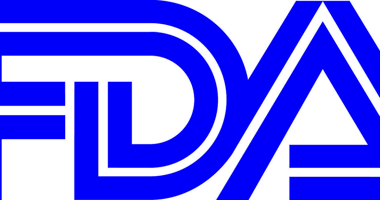ADHD Drug Can Reduce Binge Eating, Preliminary Study Suggests
 |
The study, which carried out both safety and efficacy analyses, found that 50 and 70 mg doses of Vyvanse helped more participants curtail their binges than placebo (a 30 mg dosage had no effect). Forty-two percent of those taking 50 mg of the drug and 50 percent taking 70 mg were able to avoid excess consumption for four weeks, compared with 21 percent of the placebo group.
Nearly 85 percent of participants taking the medication experienced some form of adverse event, though, compared with around 59 percent in the placebo group. Among these cases, none of the participants in the placebo group and three in the Vyvanse group were classified as having a serious adverse event; six discontinued because of side effects. The study authors stated that the safety profile was in line with the known effects of the drug in treating ADHD, including the potential changes in heart rate. Other researchers, however, have cautioned that more work, particularly studies of long-term usage, need to be carried out.
Binge-eating is a recently recognized psychiatric disorder, having been included as a distinct category for the first time in the fifth edition of APA's Diagnostic and Statistical Manual of Mental Disorders (DSM-5). The disorder is characterized by recurrent episodes of excessive food consumption accompanied by feelings of a lack of control.
This clinical trial was funded by Shire Development, LLC, the manufacturer of Vyvanse.
To learn more about the latest challenges and hope regarding eating disorders, see the Psychiatric News article “Expert Hopeful About Future of Treatment for Eating Disorders.”
One can also read about the current state of psychological and pharmacological treatments for eating disorders in the 5th edition of Gabbard’s Treatments of Psychiatric Disorders (chapters 30-32).
(shutterstock/Tish1)





